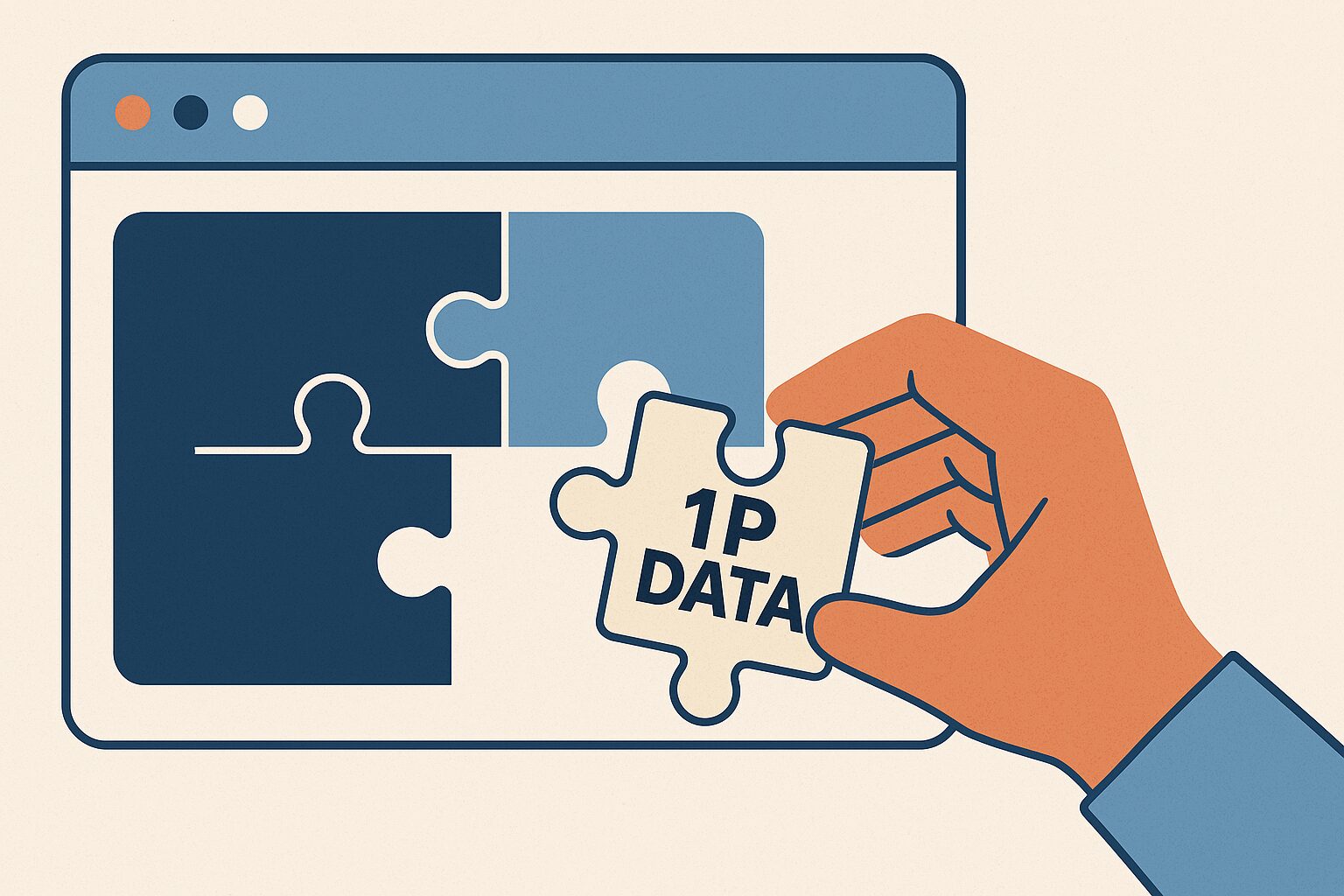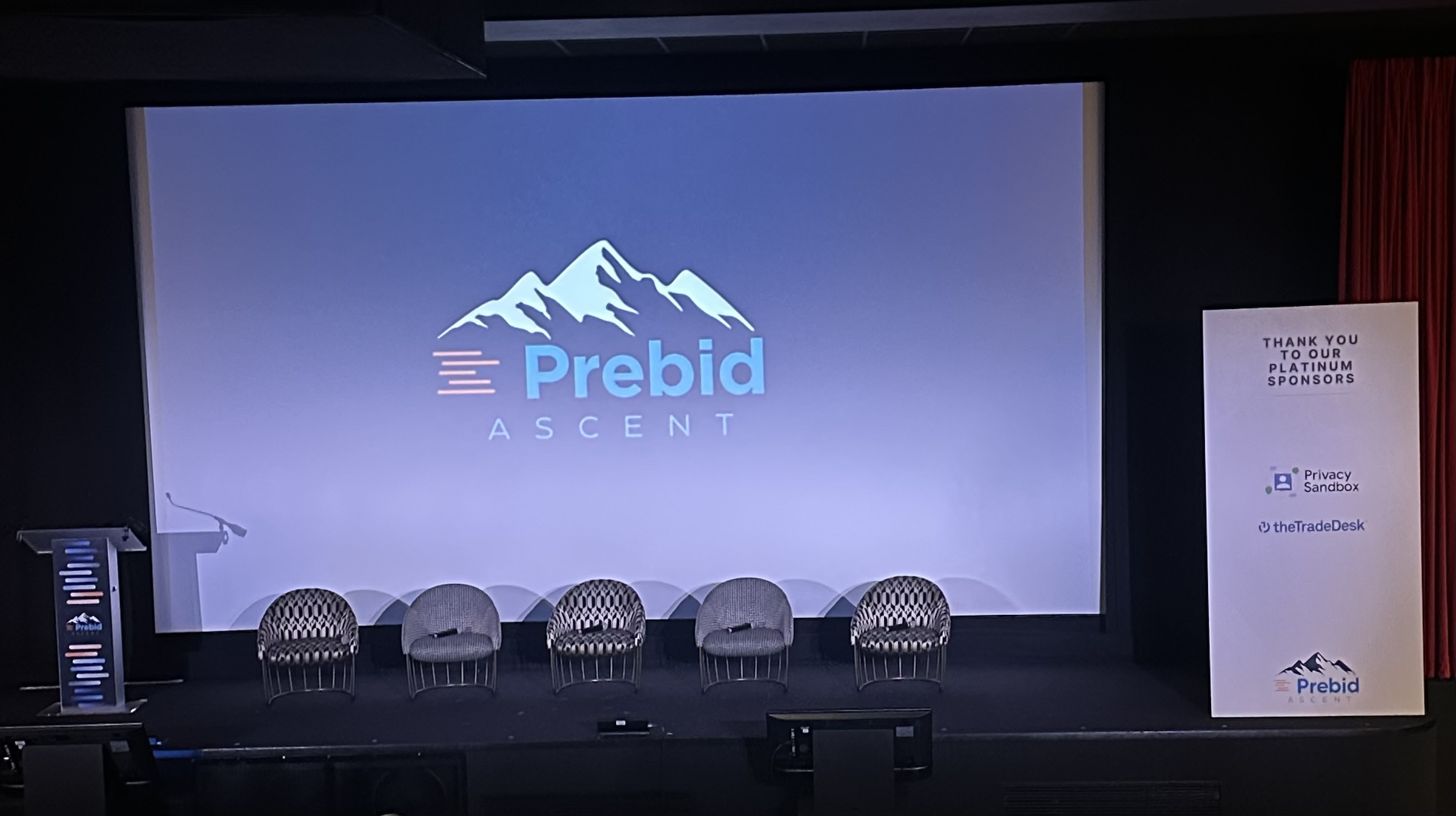Google has announced it will not move forward with plans to deprecate third-party cookies in Chrome. After years of uncertainty, it’s tempting to think this changes everything.
It doesn’t.
At Adapex, we believe the path forward remains the same: prioritize your users, own your data, and build a strategy that doesn’t rely on unstable signals. That’s what’s best for publishers—and it always has been.
The Reactions: Relief, Skepticism, and a Reality Check
Reactions across the industry have been divided.
Privacy advocates like the Electronic Frontier Foundation criticized the move, saying it favors surveillance over user protection. Apple renewed its push for stronger privacy standards, drawing a stark contrast with Chrome.
Meanwhile, some advertisers welcomed the news as “breathing room”—but many acknowledged that the push toward innovation must continue. As one media buyer told Digiday, the fear of losing cookies finally forced an industry stuck in old habits to innovate. Third-party cookies were never a sustainable foundation. And publishers, especially those outside of walled gardens, deserve better.
Why the Strategy Doesn’t Change
- Most of the web is already cookieless. Safari, Firefox, and mobile apps aren’t waiting for Chrome.
- Privacy expectations are higher than ever. Consumers and regulators demand more transparency and control.
- Diversified data is stronger data. Relying on one type of signal, whether cookies or IDs, is risky.
At Adapex, we help publishers grow their business by connecting first-party data to 26+ leading identifiers, enriching it with AI-powered contextualization, and activating it in a privacy-safe way. It’s the smarter, stronger way to grow.
What Publishers Should Do Right Now
- Invest in first-party relationships. Build your audience. Own your data.
- Adopt interoperable identity solutions. Reach users across environments with or without cookies.
- Focus on outcomes, not just impressions. Optimize for revenue per session and user lifetime value.
This isn’t about reacting to the latest news. It’s about building durable, independent revenue strategies that put publishers in control.
Final Word
Google’s decision doesn’t change the reality: The open web needs stronger, smarter monetization strategies built on trust, transparency, and resilience. That’s the work worth doing.














